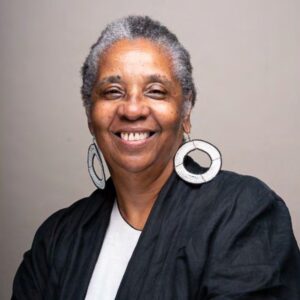
What Ritual Does...
Part Two: Ritual Extends the Depth of Our Imagination.
Ritual takes the familiar and enlivens it with our imagination.
Consider it this way, you have a favorite dance or song or prayer. The reason we can dance it, sing it, pray it, again and again is that each time our ingenuity takes the work to another dimension. Each time we feel, express, and see something new that we did not experience before. It is this aspect of ritual that makes it meaningful and alive and different from a routine.
Each time we engage in ritual it comes alive with the genius of our imagination. Ritual can even begin in our imagination and blossom through its application. We imagine a portal, a doorway in liminal spaces and to our delight, the ritual affords the opportunity to be in liminality and create. So, during the ritual there may be revelation, illumination and even inspiration that touches our spirit so that it becomes real. The ritual has moved from a familiar intent, or action, to the manifestation of our imagining.
With practice, we become fluid in ritual making and always expect our imagination to do what it does. In this way, ritual maintains the integrity of being in the present while reaching into the unseen (imagination). Because we are intentional in ritual, it also creates a kind of authority to dreaming and imagining. Ritual helps to declare that what we dream, what we imagine, is as much a part of our collective covenant in Spirit as the faith we have in our Creator and Ancestors working on our behalf.
So, do ritual; do ritual to imagine deeply!
Leave a Reply